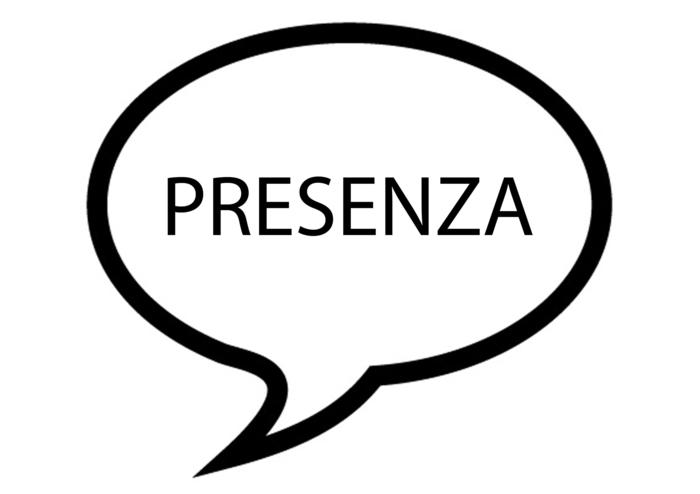At the beginning of the 80s, from what was then the magic touch of Steven Spielberg, among many other things a film was also released which was destined to become a small cult of family and social horror:
Poltergeist-Demoniache presenze
, directed by Tobe Hooper but written and produced by the director of ET. Poltergeists are, from the German, noisy and smashing spirits that make objects move. Here, to date the film as a typical product of those years, they came from the television, identified as the origin of all evils and the disintegrating cause of the family unit, and they kidnapped a little girl. Then the presences were demonic, according to the Italian extension of the title, because in reality they are not seen, they are present without, apparently, being there. The one we invoke today, however, as Prime Minister Mario Draghi said, must get us out of solitude to regain social life.
So here is another word that just mentioned seems to postpone, and in a not marginal way, on the contrary.
In the liquid world of digital and apps, online connections and quarantines spent talking, so to speak, with chefs explaining recipes or relentless coaches dictating the rhythms of the indispensable parenthesis of home fitness, the
presence has been evoked , it is appropriate to say, as the hoped-for return to a normalcy in the flesh.
Listen to "Word of the week: presence (by Massimo Sebastiani)" on Spreaker.
The school in the presence, above all and first of all, which for some is a risk and for someone else instead the authentic symptom of the return to life but also the political leaders around the world, the controversy about concerts in presence, the many longed-for tourist presences. Not to mention the presence of man which is once again referred to as a threat to the ecosystem, between climate change and animal massacres, deforestation.
Michel Onfray, the French atheist and anarchist intellectual who loves flesh and physicality, creator of a popular university that offers courses to all, recently quoted the expression by contrasting it at a distance, another cult word from the days of the epidemic. , to say that if we do not regain our presence we even risk a new dictatorship, the triumph of the controlling society thanks to a sort of digital Big Brother
. For someone who calls himself a slightly optimistic materialist, this is perhaps a bit too apocalyptic vision. But which, above all, seems to ignore an important part of the expression presence itself.
To begin, just scroll through the many idioms related to the word. Despite the fact that the first meaning of the term is the simple fact of being present in a certain place, of being there, of witnessing something or even of intervening, we speak of good looks, thereby indicating something that goes beyond the objective aspect. and physical in the strict sense, of presence of mind (and we almost fall back into the domain of the poltergeist since geist in German means spirit), and on the other hand we say of someone who, despite being physically there, does not intervene, does not make any contribution and he does not speak, that he 'made an act of presence': therefore there is also a passive presence that can be brilliantly, and with better results, replaced by an online presence. Not to mention that
Catholics speak of the real presence of Christ in the Eucharist
, and certainly it is not the same presence of the student at the school desks, and that the word presence is very often accompanied by adjectives such as mysterious, obscure or disturbing: and they are never the presences that we invoke in these weeks. And we are talking about a word that is part, according to the research of Tullio De Mauro and Isabella Chiari, of the 2000 words of our basic vocabulary, that is, those most frequently used. In short, one of those words that are written and spoken with the certainty that those who read and listen to them know perfectly what we are talking about.
Perhaps the fiercest, and certainly adventurous, battle against the idea of presence as "mere presence" was led by a philosopher who has become almost a tutelary deity of our words, Martin Heidegger. That idea of presence (simple, in fact), which is linked to the etymology of the term itself, the Latin prae and ens (an entity, something that is in front of it), is only one of the possible meanings and possible declensions of the word. In other words, not everything that is present stands in front of us as an object (in German gegenstand, that is, something that stands in front of us) and the presence does not end in being in front of and in the flesh of something.
Otherwise the presences could not be dark, disturbing or demonic.
Franco Battiato
certainly thought of this expansion of the sense of presence
in 'And I come to seek you', the passage in which the presence of the other is something indispensable to understand ourselves too.
Each person, in other words, exists only in relation to others: and no Big Brother can take it away from us or control it.






